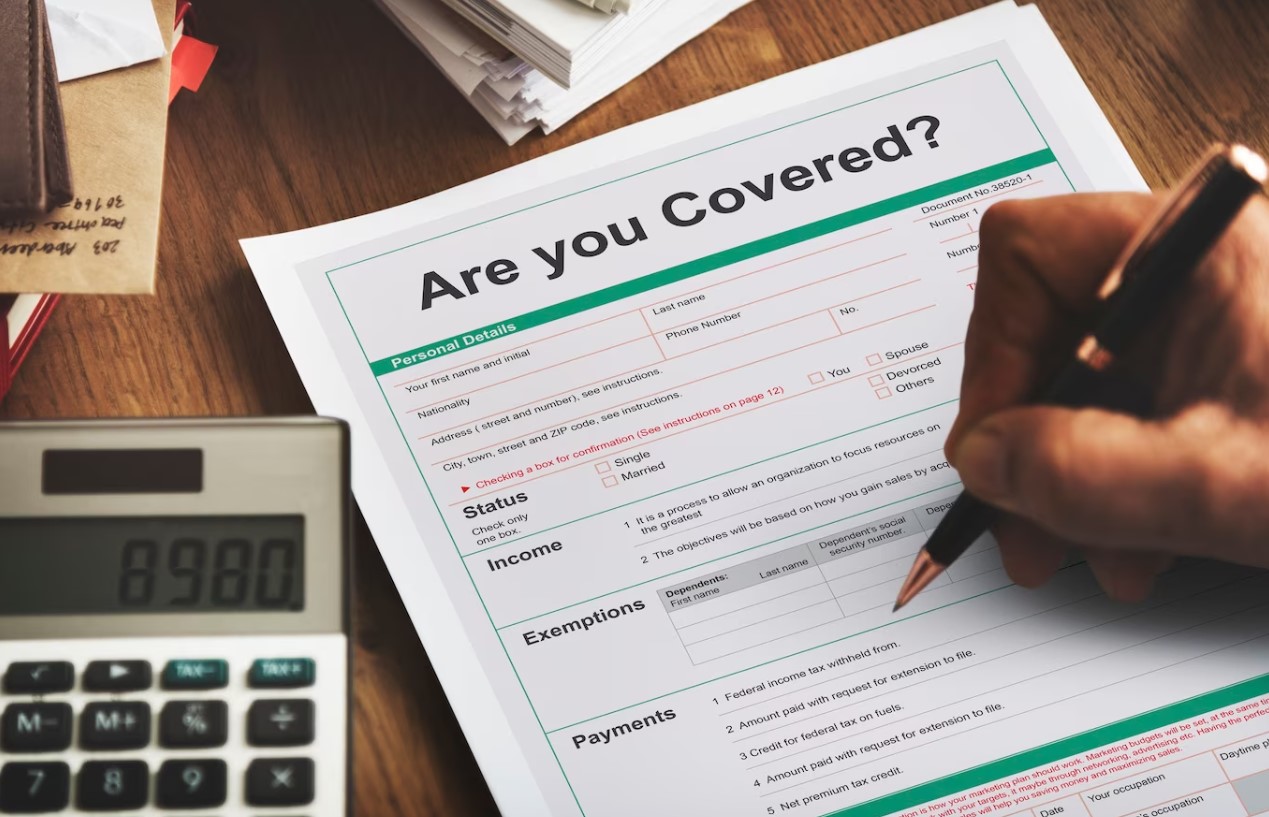Car ownership is not for everyone. Some people prefer to rely on public transportation, car-sharing services, or simply don’t need a vehicle of their own due to their lifestyle or circumstances. However, even if you don’t own a car, you might still find yourself behind the wheel from time to time. In such cases, non-owner car insurance can provide the protection and peace of mind you need. In this comprehensive guide, we’ll explore what non-owner car insurance is, who it’s designed for, what it covers, and why you might need it.
Understanding Non-Owner Car Insurance

Non-owner car insurance, also known as non-drivers insurance or named non-owner insurance, is a specialized type of auto insurance policy designed for individuals who regularly drive but do not own a vehicle. It provides liability coverage when you rent or borrow a car, use a car-sharing service, or drive a friend or family member’s vehicle. This coverage is crucial because it protects you from financial responsibility in case of an accident or damage while you’re driving a car that you don’t own.
Who Needs Non-Owner Car Insurance?
Non-owner car insurance is not for everyone, but it can be valuable for specific situations and individuals, including:
1. People Who Frequently Rent Cars:
If you frequently rent cars for business or leisure travel, non-owner insurance can provide continuous liability coverage, potentially saving you money compared to purchasing insurance from the rental car company.
2. Occasional Drivers:
Even if you only drive occasionally, having non-owner insurance ensures that you’re protected when you do. This is particularly important if you don’t have regular access to a car but still need to drive on occasion.
3. Those Who Use Car-Sharing Services:
Car-sharing platforms like Zipcar and Turo can be convenient, but they may not provide sufficient insurance coverage. Non-owner car insurance can fill the coverage gap and protect you while using these services.
4. Drivers with a Suspended License:
In some cases, non-owner insurance may be necessary for individuals with a suspended driver’s license who want to maintain insurance coverage for future reinstatement.
5. Individuals Borrowing Cars:
If you occasionally borrow a friend or family member’s car, non-owner insurance can provide an extra layer of protection beyond the owner’s policy.
What Does Non-Owner Car Insurance Cover?
Non-owner car insurance typically offers the following coverage:
1. Liability Coverage:
This is the primary component of non-owner insurance. It covers bodily injury and property damage liability when you’re at fault in an accident while driving a car you don’t own. This coverage pays for medical expenses, legal fees, and property repair or replacement costs for others involved in the accident.
2. Uninsured/Underinsured Motorist Coverage:
In some cases, you can add uninsured and underinsured motorist coverage to your non-owner policy. This protects you if you’re involved in an accident with a driver who has insufficient or no insurance.
3. Medical Payments or Personal Injury Protection (PIP):
These coverages may be available as options and can help pay for your medical expenses if you’re injured in an accident.
4. Rental Car Coverage:
Some non-owner policies offer rental car reimbursement coverage, which pays for the cost of renting a vehicle if the car you’re driving is in the shop due to a covered accident.
Why Non-Owner Car Insurance Is Important
Non-owner car insurance serves several important purposes:
1. Legal Compliance:
In many states, liability insurance is a legal requirement to operate a motor vehicle. Non-owner insurance ensures you comply with these laws even if you don’t own a car.
2. Financial Protection:
Without insurance, you would be personally responsible for any damages or injuries you cause in an accident while driving a borrowed or rented vehicle. Non-owner insurance shields you from potentially devastating financial consequences.
3. Flexibility and Convenience:
Non-owner insurance provides flexibility for those who occasionally drive different vehicles. It ensures you’re covered no matter whose car you’re behind the wheel of.
How to Purchase Non-Owner Car Insurance
Getting non-owner car insurance is relatively straightforward:
1. Contact Insurers:
Reach out to insurance companies that offer non-owner car insurance policies. Not all insurers provide this type of coverage, so it’s essential to find one that does.
2. Get Quotes:
Request quotes from multiple insurers to compare prices and coverage options. Be sure to provide accurate information about your driving history and needs.
3. Customize Your Policy:
Work with the insurer to tailor your policy to your specific requirements. This may include selecting coverage limits and any optional coverages you want.
4. Purchase the Policy:
Once you’ve decided on a policy, complete the necessary paperwork and make your initial premium payment to activate your coverage.
Non-owner car insurance is a valuable resource for individuals who regularly drive but do not own a car. It provides essential liability coverage and peace of mind when you’re behind the wheel of a borrowed or rented vehicle. Whether you’re a frequent traveler, an occasional driver, or simply want to maintain continuous insurance coverage, non-owner car insurance offers the protection you need to navigate the roads with confidence, even if you’re not the owner of the vehicle.